Masking for Halloween
It’s October! My absolute favorite month. Why? Let me count the ways:
Fall. Leaves are changing. Weather is getting cooler. The air is crisp and dry.
Pumpkins, Cinnamon, Sweaters, Scarfs and Boots.
My birthday. Yes, I am a Libra. Some say balance, others say people pleaser… I say, “can’t it be both?!”
AND MOST IMPORTANTLY:
Halloween. The best holiday of all.
Halloween is hands down the best of holiday of the year. I love getting dressed up, decorating my house, and watching a good old fashion horror movie. Dressing up for Halloween is a year-round think tank for me and the final product is, hopefully, epic. But more important than the costume, is the character I create. Like the great movie stars of our time, I am a method actor and must stay in character. I fully embrace the role of my costume and get to play an exaggerated character of my choosing. I get to be whoever I want to be.
This year, as the season is approaching, I had a client remind me of the masks she wears every day. She only feels seen if she can present in the way she believes others want to see her. I love Halloween, but the energy and effort it requires to undergo Masking, would be a burden if I had to do it every day. What if the character I played for Halloween was 365 days a year, no breaks? What if the mask I wore, is the only way people knew me? And even more alarming, how would I know who I was if the mask is the only version getting love, support and validation from others?
Masking is a common defense mechanism that people use to hide who they really are. For whatever reason, (insert trauma, neglect, invalidation here), they have heard the message that who they are is not acceptable. Whether you were told at an early age how to behave, or to ignore “bad” emotions, or society groomed you to “not cry” or “dress to impress” you learned how to act in a way that didn’t raise up red flags. While this can be great on occasion and culturally appropriate for some, there also needs to be a time and space for you to be able to let down your guard. Masking allows someone to be hiding in plain sight and those who mask only feel safe when they are hiding.
In Dialectical Behavioral Therapy, we refer to this “Mask” as “Apparent Competence”. Apparent Competence is the tendency to act as though you are doing and feeling fabulous, even when you feel like crap. You may feel like you should be able to do something, even though you can’t. “Why am I not able to X-Y-Z….. so and so can…. I’ll just fake it.” Feelings of inadequacy, incompetence, guilt and shame create this mask, and in order to defend against these terrible feelings (whether they are true or false doesn’t matter), we act as if we can.
You have heard of the saying, “fake it till you make it.” This is a form of masking that if used correctly can inspire and manifest a new reality. The difference between this and masking, is the time. Faking it until you can understand something better and learning by doing is one thing, Masking is a way to keep those away and to avoid ownership.
How do you know when you are masking? You avoid asking for help. You spend more energy on anticipating and worrying about meeting the expectations of others, regardless of the cost. You minimize your efforts and how hard the task actually is, you ignore feelings of being overwhelmed, and you continue to invalidate your own efforts. You may use humor, you may be aloof, you may go outside look like a perfect 10; but on the inside you are crying, you are craving connection and support, and you feel awful.
You may use the areas that you do succeed in to overcompensate for the areas you are lacking. Example: “My family is crumbling, but look at my booming business!” You may exaggerate your efforts, “I am the best” or deflect by making others feel bad “you are the worst.” You may desperately try to control everything and anything around you for some sense of security, use self-deprecation as a mask to keep those a way, or just focus on others to avoid focusing on yourself. You may use the fact that you are an introvert and fear of rejection as a way to avoid making effort, or on the opposite spectrum, you are a social queen butterfly, making small talk ‘with lots of friend’ without actually saying anything of importance.
While masking may temporarily keep you safe, if used in excess, it runs the risk of causing you to lose your sense of identity and creates a void of intimacy or genuine connection with those around you. People need to be able to see us without our mask on in order to connect in a way that feels more authentic and fulfilling. When we can see each other’s true selves, we start to build an actual network of connection and protection. Though being vulnerable may seem scary, the risks of being impenetrable is far more dangerous. This year for Halloween, try to live on the wild side. Rather than putting on a mask, see if you can try taking yours off.
